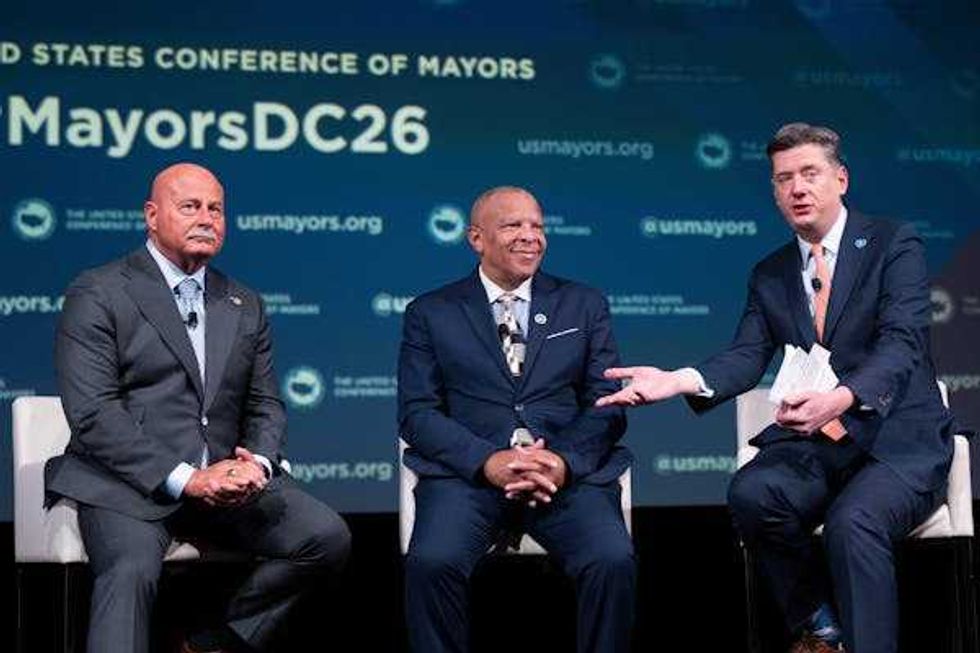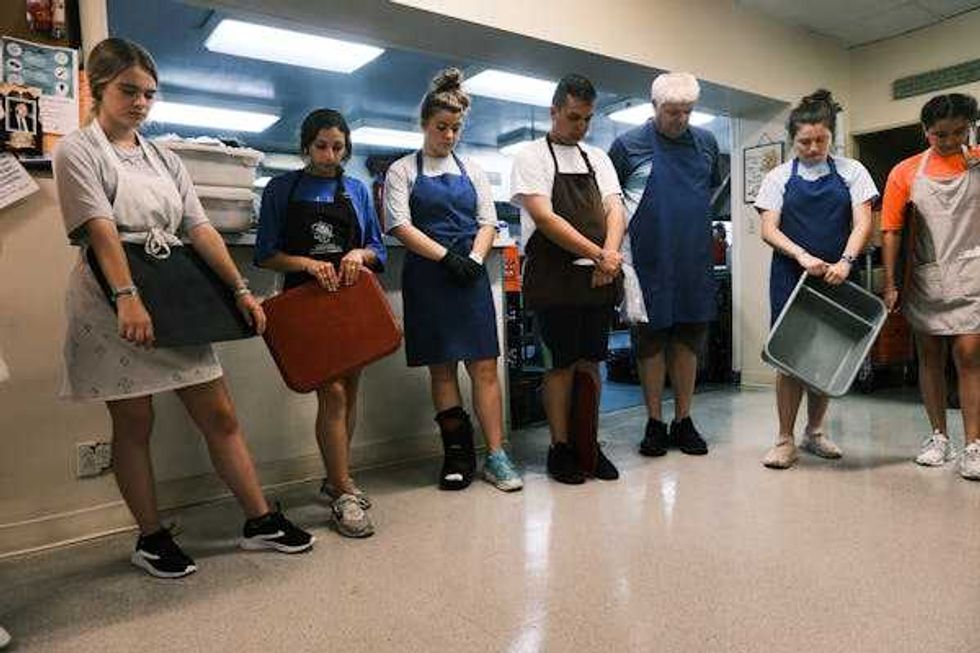Some benchmark achievements represent the stage at which society recognizes an adult. A new study found that fewer than a quarter of young people were meeting these representative, traditional markers. With an ever-changing economy and fewer opportunities, some of these milestones are just unattainable. Combined with new social norms, people might not find them as important. Their happiness suggests it's all a big mess.
The U.S. Census Bureau shared a report exploring the changes in modern young adults reaching these 5 markers. The study focused on the challenges linked to uncertain economic downturns as well as attitudes toward the modern family experience. The 5 markers traditionally considered to achieve adulthood are: moving out of the parents' home, completing higher education, entering the workforce, marriage, and having children.

What the research tells us
Comparing the collected data from 2005 and 2023, the researchers found some considerable changes. The first discovery is that young people between the ages of 25 and 34 face difficulties in achieving education, jobs, and moving out. However, they are still, in general, able to achieve the basics of these three markers. The number of people moving out and purchasing a home has changed due to the burden of cost weighed against available jobs with better salaries. Secondly, financial independence is a strong determinant for young adults' willingness to marry and begin a family. Those numbers have significantly changed. In 2005, about 62% of adults were married, and by 2023, that number had dropped to only 44 %. Having a child in those homes went from 55% to 39%.
One particularly interesting fact was the effect of metropolitan areas. People in cities tended to have improved financial markers, but also a significant drop was found in marriage and children. Overall, the modern transition to adulthood still emphasizes career and education, with marriage and parenthood often being delayed.
Financial independence comparing married to single lifestyles

Many people believe that being single offers them more financial flexibility. Studies show that cohabitation of wealth through a marriage or relationship is significantly higher. Oxford Academic shared a 2025 study that showed marriage was linked to wealth. In general, people with stronger finances are more likely to marry.
The question to be raised is whether financial independence is a key determinant for marriage. A 2023 survey reported in Financial Advisor found 65% of Americans considered a partner's debt a dealbreaker, and 19% married specifically for financial reasons. If fewer people are financially capable of marriage, what does that mean for the singles?
Happiness and satisfaction for singles

Lifelong singles with no history of long-term romantic partnerships tend to have lower scores of overall satisfaction. Research from Psychological Science revealed that singles suffered elevated loneliness and reduced social support from family and/or partners. These are general scores, so outliers most certainly exist. However, the National Library of Medicine shared a study on A Global Perspective on Happiness and Fertility, which covered 86 countries. People over 40 reported much higher levels of happiness after having had children. The National Bureau of Economic Research reported, once financial struggles have been managed, children increase their life satisfaction. This number was especially significant for parents under the age of 45.
Navigating today's economy

If studies show that the statistical likelihood of attaining all five benchmarks is reliant upon financial security, how are young people supposed to acquire the necessary capital? All these studies signify one very important consideration: it's complicated. As people attain greater control over their job choices, decisions are no longer attached to finances. HR Future shared a 2021 study that showed 71% of Gen Z would accept lower-paying jobs if they supplied more meaningful work.
Economic uncertainty is higher than it's been for decades. The communal norms are crossing new territories as people seek out life advantages that no longer follow traditional pathways. Getting a higher education, buying a home, getting married, and raising a family hold less importance. Young people want to find meaningful work, keep a flexible mobility, have relationships that require less investment, and push thoughts of building a family and having children for 'down the road.'
These new ideas will come with their own sets of challenges. There will be benefits and downsides. No one will know the true outcomes for these choices until studies tell us in the future.


















 A coupe on a romantic dateCanva
A coupe on a romantic dateCanva
 A woman swims in the oceanCanva
A woman swims in the oceanCanva A happy-looking dolphin popping out of the waterCanva
A happy-looking dolphin popping out of the waterCanva
 When mayors come together, they often find they face common problems in their cities. Gathered here, from left, are Jerry Dyer of Fresno, Calif., John Ewing Jr. of Omaha, Neb., and David Holt of Oklahoma City.
When mayors come together, they often find they face common problems in their cities. Gathered here, from left, are Jerry Dyer of Fresno, Calif., John Ewing Jr. of Omaha, Neb., and David Holt of Oklahoma City. Mayors can find themselves caught up in national debates, as did Minneapolis Mayor Jacob Frey over the Trump administration’s immigration enforcement policies in his city.
Mayors can find themselves caught up in national debates, as did Minneapolis Mayor Jacob Frey over the Trump administration’s immigration enforcement policies in his city.

 Volunteers at the St. Francis Inn pray together before serving a meal on July 19, 2021.
Volunteers at the St. Francis Inn pray together before serving a meal on July 19, 2021. Police close down a section of Kensington Avenue to clear a homeless encampment on May 8, 2024.
Police close down a section of Kensington Avenue to clear a homeless encampment on May 8, 2024.
 A young person doing their monthly budgetCanva
A young person doing their monthly budgetCanva

 A woman scrolls through a dating appCanva
A woman scrolls through a dating appCanva